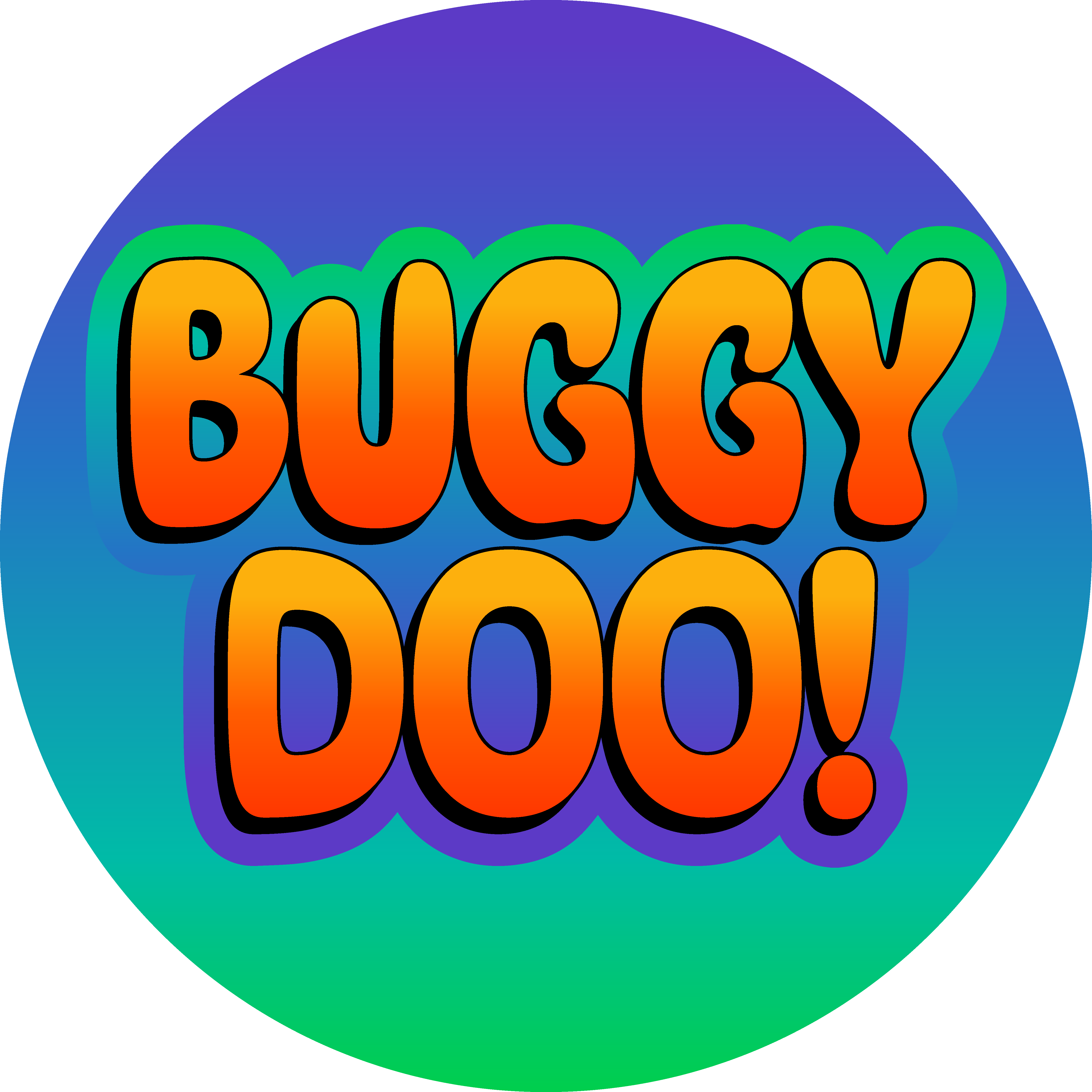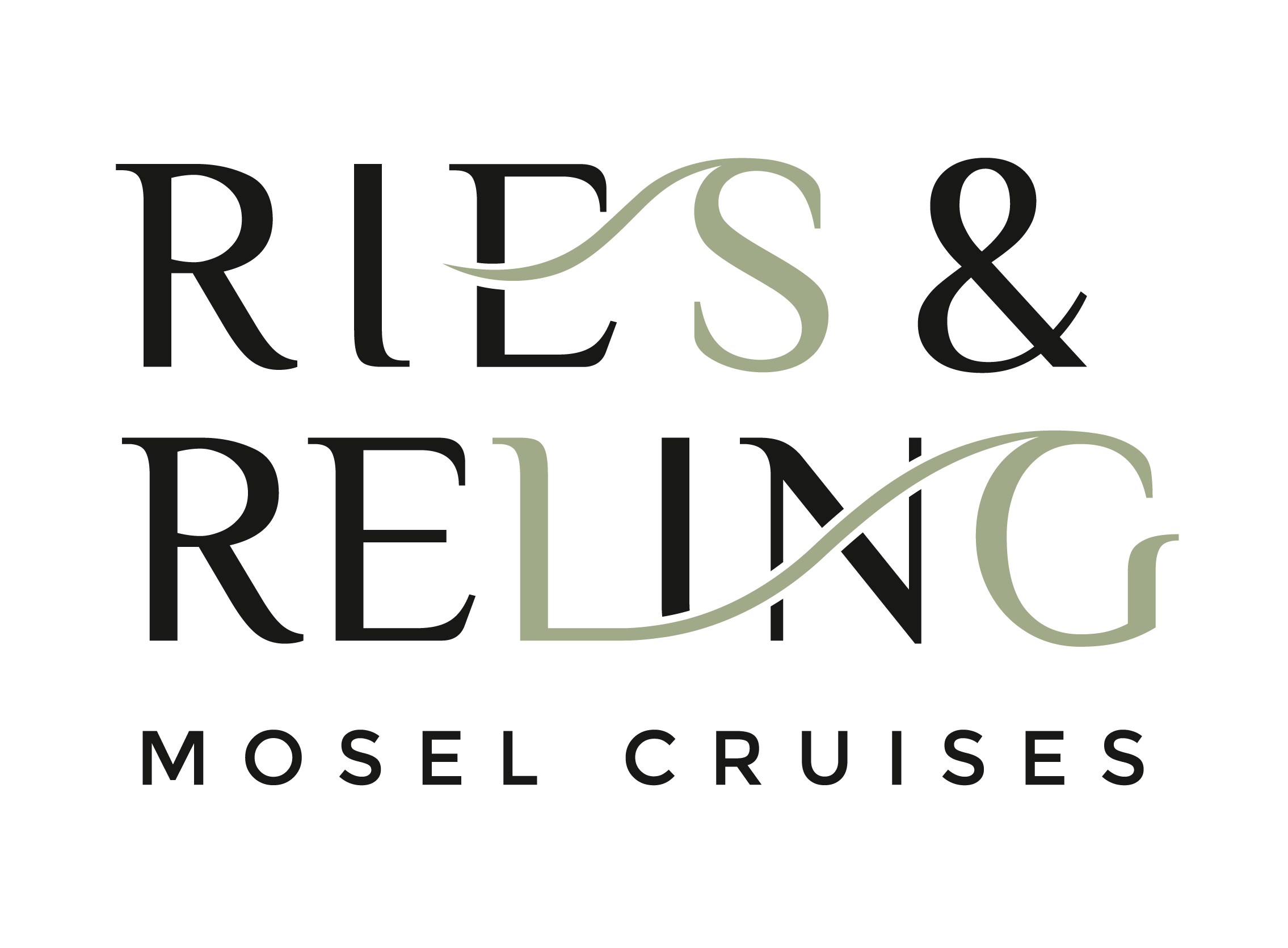Your Isabelle99: Unpacking 'Your' Vs. 'You're' For Clarity
In the vast landscape of online communication, precision is paramount. Whether you're crafting a professional email, posting on social media, or even simply using a username like "Isabelle99," the words you choose reflect on you. Among the most frequently confused pairs in the English language are "your" and "you're." This seemingly minor distinction can significantly impact the clarity and professionalism of your message, leading to misunderstandings or, at best, a subtle perception of carelessness.
This article delves deep into the nuances of "your" and "you're," providing a comprehensive guide to mastering their correct usage. By understanding the fundamental differences between these two words, you'll enhance your written communication, avoid common grammatical pitfalls, and ensure that your message, whether it's about "your Isabelle99" or any other topic, is always conveyed with precision and confidence. Let's embark on a journey to demystify these tricky homophones.
Table of Contents
- The Core of the Confusion: Your vs. You're
- Why Are 'Your' and 'You're' So Easily Mixed Up?
- The Impact of Misusing 'Your' and 'You're' in Digital Contexts
- Mastering 'Your': Possessive Adjective and Pronoun
- Mastering 'You're': The Contraction of 'You Are'
- Practical Tips and Examples for Correct Usage
- Beyond Grammar: The Professional Edge of Correct Usage
- Ensuring Clarity in Your Digital Footprint
- Conclusion
The Core of the Confusion: Your vs. You're
At the heart of the "your" versus "you're" dilemma lies a simple phonetic truth: they sound identical. This auditory similarity is the primary culprit behind their frequent misuse, especially in spoken English and informal written communication. However, despite sounding the same, their grammatical functions are entirely distinct. Understanding these fundamental roles is the first step toward mastering their correct application in all forms of communication, from a casual text to a formal report. When someone mentions "your Isabelle99," are they referring to something that belongs to Isabelle99, or are they stating that "you are" Isabelle99?
What Exactly is 'Your'? (Possession)
"Your" is a possessive form of the pronoun "you." It indicates ownership, association, or a relationship with the person or people being addressed. Think of it as answering the question "Whose?" or "What belongs to you?" It functions as a possessive adjective, always preceding a noun to describe it. It signifies that something belongs to, relates to, or is connected with the person or group being spoken or written to. This word is a fundamental part of everyday conversation and writing, making its correct usage crucial for clear communication.
- Examples of 'Your' in action:
- "Is this your book?" (The book belongs to you.)
- "What is your opinion on the matter?" (The opinion relates to you.)
- "Please bring your best effort." (The effort is associated with you.)
- "You’re so talented at playing your piano." (The piano belongs to you.)
- "Is your mom calling you?" (The mom is related to you.)
- "Your dog is well behaved." (The dog belongs to you.)
In essence, if you can replace "your" with "my" or "his/her," then "your" is likely the correct choice. It's about showing ownership or a direct link to the person you are addressing.
What Exactly is 'You're'? (Contraction)
On the other hand, "you're" is a contraction. This means it's a shortened form of two words combined into one, with an apostrophe replacing the missing letters. Specifically, "you're" is the contraction of "you" and "are." The apostrophe signifies that the letter 'a' from "are" has been omitted. Therefore, whenever you see "you're," you should mentally expand it to "you are" to check if it makes sense in the sentence. If "you are" fits grammatically and logically, then "you're" is the correct choice.
- Stout Ale House
- Eyecare Associates Hoover
- Andy Great British Bake Off
- Maria Gjiele
- %D8%A7%D9%84%D9%84%D9%87%D9%85 %D8%A7%D8%B4%D9%81%D9%8A %D9%83%D9%84 %D9%85%D8%B1%D9%8A%D8%B6
- Examples of 'You're' in action:
- "You're going to love this movie." (You are going to love this movie.)
- "I think you're very smart." (I think you are very smart.)
- "Are you're not going to believe it?" (You are not going to believe it.)
- "Does she think you're happy?" (Does she think you are happy?)
- "You're so talented at playing your piano." (You are so talented...)
The key takeaway here is that "you're" always implies a verb, indicating an action or a state of being related to the pronoun "you." It's a statement about "you" being or doing something.
Why Are 'Your' and 'You're' So Easily Mixed Up?
The confusion between "your" and "you're" is a perennial challenge for English speakers and writers alike. As previously mentioned, their identical pronunciation is the primary culprit. In rapid speech, the distinction between the possessive adjective and the contraction simply vanishes, leading to an unconscious blurring of their distinct grammatical roles. This auditory indistinguishability carries over into informal written communication, where speed and brevity often take precedence over grammatical precision. Many people type as they speak, leading to errors that might not be noticed until much later, if at all. This is particularly true in casual online interactions where grammatical scrutiny is often relaxed.
Furthermore, the subtle nature of grammatical rules can make them challenging to internalize without conscious effort. Unlike more obvious spelling errors, the misuse of "your" and "you're" doesn't always trigger an immediate "looks wrong" response, especially for those who haven't explicitly studied their differences. The sheer frequency of their use in everyday language also contributes to the problem; the more a word is used, the more opportunities there are for its incorrect application to become normalized, particularly if one is exposed to frequent misusage by others. Even in spoken English and informal written English, "your" is sometimes used incorrectly to indicate that something belongs to or relates to people in general, further blurring the lines. This pervasive mixing up of "your" and "you're" highlights the need for clear, consistent education on their proper use.
The Impact of Misusing 'Your' and 'You're' in Digital Contexts
In the digital age, where communication is often text-based and instantaneous, the correct use of "your" and "you're" takes on amplified importance. While a grammatical error in a casual text might be overlooked, in professional emails, online portfolios, or public social media posts, such mistakes can subtly erode credibility. Imagine a potential employer reviewing a candidate's online profile and encountering repeated errors like "your a great fit for this role." Such errors, though minor individually, accumulate to create an impression of carelessness or a lack of attention to detail. This can be particularly detrimental when discussing something as personal as "your Isabelle99" if it's meant to convey a personal connection or ownership.
Moreover, in the absence of tone of voice or body language, written communication relies heavily on precise language to convey meaning. Misusing "your" for "you're" or vice versa can lead to genuine confusion or misinterpretation. For instance, "Your invited to the party" fundamentally alters the meaning from "You are invited to the party." This ambiguity can be frustrating for the reader and undermine the effectiveness of the message. In a world where digital first impressions are increasingly vital, ensuring that "your" communication is grammatically sound is not just about adherence to rules; it's about safeguarding your professional image and ensuring clarity in every interaction. It's about ensuring that your digital footprint reflects precision and care.
Mastering 'Your': Possessive Adjective and Pronoun
To truly master "your," it helps to solidify its role as a possessive indicator. "Your" serves primarily as a possessive adjective, which means it always modifies a noun, telling us who the noun belongs to or is associated with. It's a word we often use in everyday conversation and writing, indicating ownership or association with the person being addressed. For example, in the phrase "your Isabelle99," if "Isabelle99" refers to a personal account or a creation of yours, then "your" correctly indicates possession.
Consider these scenarios where "your" is the unequivocal choice:
- Possession: "Is this your car?" (The car belongs to you.)
- Relationship: "How is your family doing?" (The family is related to you.)
- Attribute: "I admire your dedication." (The dedication is an attribute of yours.)
- Origin: "What is your country of birth?" (The country is where you originated from.)
- Action/Object: "What is your opinion on the new policy?" (The opinion is held by you, the object of the query.)
A simple trick to confirm if "your" is correct is to ask if the sentence is talking about something belonging to or relating to "you." If it is, "your" is the right word. It is derived from the personal pronoun "you" and is usually used to show something that belongs to you.
Mastering 'You're': The Contraction of 'You Are'
Mastering "you're" boils down to consistently remembering its full form: "you are." This mental expansion is the most reliable test for correct usage. Whenever you are in doubt, substitute "you're" with "you are" in the sentence. If the sentence still makes perfect sense grammatically and logically, then "you're" is the correct choice. If it sounds awkward or incorrect, then "your" is likely the word you need.
Let's look at examples where "you're" is the only correct option:
- Describing a state of being: "You're looking well today." (You are looking well today.)
- Describing an action: "You're going to regret that decision." (You are going to regret that decision.)
- Expressing an opinion or judgment: "I think you're incredibly talented." (I think you are incredibly talented.)
- Asking a question: "Do you think you're ready?" (Do you think you are ready?)
- As part of a longer verb phrase: "You're being too loud." (You are being too loud.)
"You're" is short for "you are." It is derived from the personal pronoun "you" and is usually used to indicate an action or a state of being associated with "you." The apostrophe is a clear visual cue that letters have been omitted, signaling that it is a contraction, not a possessive.
Practical Tips and Examples for Correct Usage
Beyond memorizing definitions, practical strategies can help solidify your understanding and prevent common errors. These simple tests can become second nature, ensuring that "your" and "you're" are always used correctly, enhancing the clarity of your communication, whether you're talking about "your Isabelle99" or any other subject.
The "Are" Test
This is arguably the most effective and straightforward method. Whenever you encounter the choice between "your" and "you're," simply try substituting "you are" into the sentence. If "you are" fits and the sentence makes sense, then "you're" is the correct word. If "you are" does not fit or makes the sentence grammatically incorrect, then "your" is the correct word.
- Example 1: "____ going to love this."
- Try "You are going to love this." (Makes sense) → Correct: "You're going to love this."
- Example 2: "Is this ____ car?"
- Try "Is this you are car?" (Doesn't make sense) → Correct: "Is this your car?"
- Example 3: "____ so talented at playing ____ piano."
- For the first blank: "You are so talented..." (Makes sense) → "You're so talented..."
- For the second blank: "...playing you are piano." (Doesn't make sense) → "...playing your piano."
Contextual Clues
Pay attention to the words immediately surrounding the blank. If the word immediately following the blank is a noun (e.g., book, idea, cat, Isabelle99), you almost certainly need "your" because it's acting as a possessive adjective modifying that noun. If the word immediately following the blank is a verb (e.g., going, doing, being, thinking) or an adjective describing a state (e.g., happy, tired, smart), you likely need "you're" because it's part of the verb phrase "you are."
- Example: "I appreciate ____ honesty."
- "Honesty" is a noun. It belongs to you. → Correct: "I appreciate your honesty."
- Example: "I heard ____ moving to a new city."
- "Moving" is a verb. It describes an action you are doing. → Correct: "I heard you're moving to a new city."
By consistently applying these simple tests, you can quickly and confidently determine the correct usage of "your" and "you're" in almost any sentence. This practice will not only improve your grammar but also enhance the clarity and professionalism of all your written communications.
Beyond Grammar: The Professional Edge of Correct Usage
In today's competitive landscape, attention to detail can set you apart. While "your" and "you're" are easy to confuse, consistently using them correctly demonstrates a level of precision and care that extends beyond mere grammatical adherence. In professional settings, whether it's a job application, a business proposal, or client communication, immaculate grammar signals competence, thoroughness, and respect for your audience. It suggests that if you pay attention to such seemingly small details in your writing, you likely apply the same diligence to your work.
Conversely, repeated grammatical errors can create an unconscious bias against the writer. Recruiters, clients, and colleagues may perceive such errors as indicative of a lack of education, carelessness, or even a lack of intelligence, regardless of the actual truth. This perception can inadvertently hinder career progression, undermine professional relationships, and diminish trust. For instance, if a business proposal contains errors in "your" and "you're," it might subtly suggest that the underlying data or analysis could also be flawed. Therefore, mastering these common distinctions isn't just about avoiding red marks on a school paper; it's about cultivating a professional image that inspires confidence and opens doors to new opportunities. It's about ensuring that your message, and by extension, your professional identity, is always clear and credible.
Ensuring Clarity in Your Digital Footprint
Our digital footprint is an increasingly significant aspect of our personal and professional identities. From social media profiles to online forums, personal blogs, and professional networking sites, every piece of text we publish contributes to how we are perceived. The phrase "your Isabelle99" itself exemplifies how personal identities are often intertwined with digital handles and online presences. Ensuring the correct use of "your" and "you're" within this digital realm is paramount for maintaining a clear and consistent personal brand.
Consider the difference between "Your Isabelle99 account has been updated" (indicating possession of the account by you) versus "You're Isabelle99, right?" (identifying you as the person named Isabelle99). The subtle shift in meaning can significantly alter the message. In a world where online communication is often scanned quickly, and context can be easily lost, grammatical precision helps prevent misinterpretations. It shows that you value clear communication and pay attention to detail, qualities that are highly regarded in both personal and professional online interactions. By consistently applying the rules for "your" and "you're," you contribute to a more coherent and trustworthy digital persona, ensuring that your online voice is always understood as intended.
Conclusion
The distinction between "your" and "you're" is more than just a grammatical rule; it's a cornerstone of clear and effective communication. While they sound identical, their distinct roles as a possessive adjective and a contraction of "you are" carry significant weight in conveying precise meaning. The data provided clearly illustrates that "your" is about ownership or association ("your mom," "your dog"), while "you're" is about "you are" ("you're not going to believe it," "you're so talented").
By consistently applying the "you are" test and understanding the contextual clues, you can confidently navigate these tricky homophones. Mastering this distinction not only enhances the clarity of your messages, preventing misunderstandings, but also significantly boosts your credibility and professionalism in both personal and digital spheres. In a world where every word contributes to your perceived image, ensuring that your communication is grammatically sound is an invaluable skill. So, the next time you write, pause for a moment and ask yourself: Is it "your" or "you're"? Your attention to detail will undoubtedly make a positive impression.
We hope this comprehensive guide has demystified "your" and "you're" for you. Do you have any personal tips or tricks for remembering the difference? Share your thoughts in the comments below! And if you found this article helpful, consider sharing it with friends or colleagues who might also benefit from a clearer understanding of these commonly confused words. For more insights into effective communication and grammar, explore other articles on our site.

AzaryNur | Fournisseur GetYourGuide

Buggy-Doo! | Fournisseur GetYourGuide

Ries&Reling | Fournisseur GetYourGuide